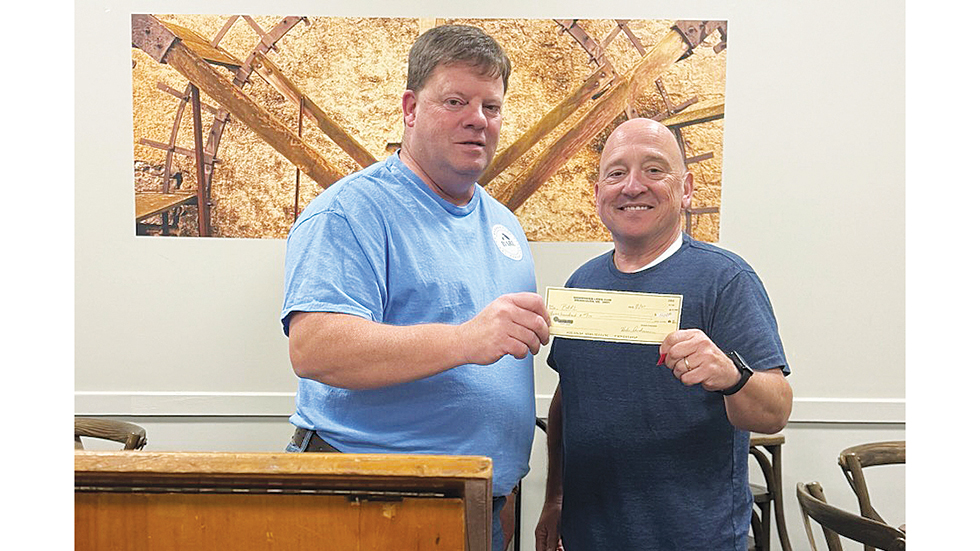Changes to improve voting, Clark believes
Published 5:00 am Wednesday, June 5, 2002
WESSON – As voters across the state went to the polls Tuesday,Secretary of State Eric Clark touted changes designed to improvethe state’s election process.
Speaking to the Wesson Chamber of Commerce, Clark said threeelection-related bills were approved during the 2002 legislativesession and are awaiting pre-clearance from the U.S. Department ofJustice.
“I’m real proud of the progress we’ve made,” Clark said.
Trending
The most important of the bills, Clark said, requires astatewide computerized voter registry. He said the registry wouldallow counties to clean up voter rolls so citizens are notregistered to vote in several places.
“It’s not unusual for folks to be on the rolls in four or fivecounties,” Clark said.
The registry would also allow for the removal of the deceasedand convicted felons who have lost the right to vote.
Clark said counties are now basically on their own as far asvoter registration and rolls. He described the situation ascounties talking different languages, and the registry would allowall the counties to talk the same language.
“We need a computerized system where we can electronically shareinformation,” Clark said.
Following Florida controversy during the 2000 presidentialelection, Clark said pending legislation in Congress will requirestates to have computerized voter registries and will providefunding for the systems. With passage of this year’s statelegislation, he said Mississippi will be at the front of the linefor funding.
Trending
“I think we’re in a good position on that,” Clark said.
Another bill OK’d during the session deals with determining theintent of the voter. The bill sets out specific guidelines fordeciding what constitutes a vote.
“Everybody is treated the same,” Clark said.
The third bill requires reporting of how many over votes andunder votes were cast during an election. An over vote is when twocandidates in the same race are marked and the ballot isspoiled.
Clark said the national average for spoiled ballots is about 2percent, but it has been as high as 10 percent in some elections insome counties. He indicated the overvote data may suggest a problemwith how ballots are designed.
With some counties using voting machines, others opticalscanners and still others punch-card ballots, Clark said he wouldlike to move toward uniformity in voting practices if the statecould receive federal funds to do it.
Clark said a voter ID bill was also introduced during the 2002session, but was not brought out of committee. He said voter ID hasbeen a political issue for a number of years and there was noeffort to reach a compromise.
To be successful, Clark said a voter ID bill will needbipartisan and biracial support. Following compromise efforts thisyear, he was optimistic about a bill’s chances in the future.
“I think we’re at a point where it can be considered on itsmerits rather than as a political hot potato,” Clark said.





